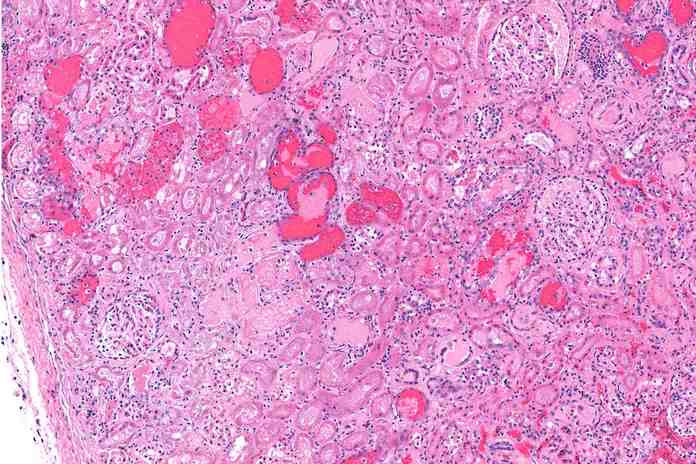Hemolytic Uremic Syndrome (HUS)
A hemolytic uremic syndrome is a serious complication that occurs when gastrointestinal tract infection is responsible for low blood levels, including low platelet levels in the body. It occurs when the blood vessels of the kidney are damaged or inflamed due to any bacterial infection. In hemolytic uremic syndrome, the body’s immune system reacts to toxins released from a bacterial infection, which causes damage to red blood cells as the toxins circulate in the blood through the body. It results in the destruction of red blood cells and platelets, causing them to die permanently. In the United States and Europe, the common bacteria causing these infections include different types of E. coli, which can occur due to multiple reasons including consumption of undercooked beef, swimming in lakes that are contaminated with feces, or having close contact with the infected person. The Shiga toxin, which is secreted during this intestinal infection, can also cause severe kidney injury. This condition can cause extreme fatigue, shortness of breath, high blood pressure, and unusual bleeding from nose and mouth. If the situation gets severe, it can result in stroke, seizures, and heart problems, and kidney failure.

